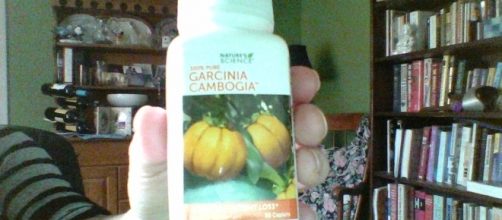The reported fat-burning supplement garcinia Cambogia has sparked hot debate among those seeking weight loss. Many Celebrities tout the "miracle" pill made from saptrees (also called mangosteens or African mangosteen). They credit HCA (Hydroxycitric acid), the fat-burning agent in Garcinia Cambogia, with their weight loss. Others say the wonder drug is just a placebo and that it might actually be dangerous. Now troubling rumors of freaky side effectshave reignited that firestorm.
Garcinia Cambogia appetite suppressant claims
Celebrity physician Dr.
Mehmet Oz has long promoted thegarcinia fruit (a kind of pumpkin related to tamarind) as a way to feel full and curb cravings while dieting. The supplement, made from rind and extract of mangosteen (garcinia) is called a fat burner or metabolism booster but it's also an appetite suppressant. Dr. Oz got celebrity weight losers like Paula Deen and Melissa McCarthy down from obesity using it. Those who doubt efficacy have only to look at their massive weight dropto prove it works. For morbidly obese, losing 20 pounds or so might be just the mojo needed to keep losing. As a fruit supplement, it's not a drug and so can be called natural weight loss. It's also arguably preferable to bariatic or gastric bypassweight loss surgery.
It's also safer than diet pills with steroids, caffeine, guarana or ephedra.
Saptree extract linked to mania
Garcinia Cambogia doesn't work for everyone, however, and it doesn't work the same for everyone. In a few cases, people with a history of bipolar showed manic episodes with euphoria, excitability, delusions, accelerated speech, and irritability when taking garcinia.
Whether these are linked to the supplement or not is debatable. Restricting calories in diet can produce similar side effects, such as shakiness, intense sensations, and jitteriness. Other supplements boost metabolism or break down sugar--DHEA, cinnamon, green tea, green coffee--produce the same sensations. DHEA actually increases heart rate and can induce extreme depression.

